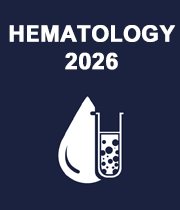Epidemiology & Epigenetics
Epidemiology is the study and analysis of health and disease situations in specified populations, including their distribution (who, when, and where), patterns, and factors. It is a cornerstone of public health, influencing policy and evidence-based practise by identifying disease risk factors and preventative healthcare priorities. Epidemiologists assist in study design, data collection, statistical analysis, interpretation, and dissemination (including peer review and ccasional systematic review). Epidemiology has aided in the development of techniques for clinical research, public health investigations, and, to a lesser extent, basic biological science research. The measurement of disease outcomes in relation to a population at risk is a key component of epidemiology. The population at risk is a group of people, healthy or sick, who would be considered cases if they had the disease under investigation.
Epigenetics is the study of how your behaviour and environment can influence how your genes function. Epigenetic alterations, unlike genetic changes, are reversible and do not alter your DNA sequence; nevertheless, they can alter how your body interprets a DNA sequence. The study of how cells influence gene activity without modifying the DNA sequence is known as epigenetics. In Greek, "epi-" means "on or above," thus "epigenetic" refers to influences other than the genetic code. Modifications to DNA that control whether genes are turned on or off are known as epigenetic changes. These changes are made to DNA and do not alter the sequence of the DNA building units.



Title : Acute intermittent porphyria: A neurological dilemma obscured by ubiquitous fgastrointestinal presentation
Mayank Anand Singh, Mimer Medical College, India
Title : Comprehensive symptom management and supportive nursing care in a preterm toddler undergoing HSCT for pyruvate kinase deficiency
Tran Thi Dung, Vinmec International Hospital, Vietnam